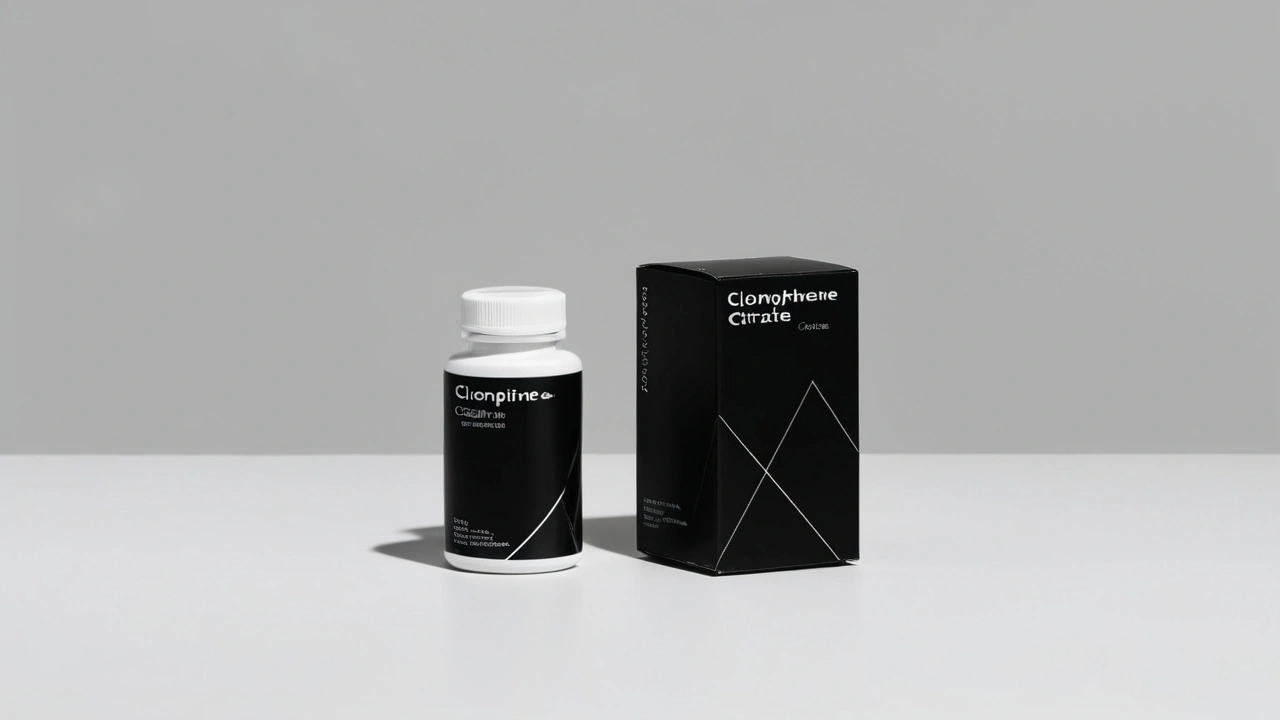Male fertility: practical tips to boost sperm health
Worried about sperm count, motility, or helping a partner get pregnant? Here are straightforward things you can do right now, what tests to expect, and when to see a specialist. No fluff—just practical steps that tend to make a real difference.
Common causes and quick fixes
Low sperm quality can come from many places: smoking, heavy drinking, obesity, tight underwear, long hot baths, some medications, infections, and hormonal problems. Start with the easiest fixes: stop smoking, cut alcohol to a minimum, lose excess weight if you need to, and switch to looser underwear. Avoid saunas and long hot showers before trying to conceive—heat lowers sperm production.
Certain medications and supplements can hurt sperm. Anabolic steroids and regular high‑dose testosterone are common culprits. Some chemotherapy, strong antibiotics, and even frequent use of marijuana can affect counts. If you take regular meds, bring a list to your doctor and ask whether they impact fertility.
Testing, timing, and real treatment options
Want to know where you stand? Start with a semen analysis. It’s a simple lab test that measures count, motility (movement), and morphology (shape). If results are low, your doctor may order hormones (FSH, LH, testosterone) and a scrotal ultrasound to check for varicocele or blockages. Treatable issues like infections or varicocele often respond well to antibiotics or surgery.
Timing matters. Aim for sex every 1–2 days during the partner’s fertile window. Too-frequent ejaculation can lower count; too-infrequent can reduce motility. A good balance is 2–3 times per week, increasing to daily in the five days before expected ovulation if possible. Use ovulation predictors or track cycles to find the best days.
Supplements can help in some men. Evidence points to antioxidants like vitamin C, vitamin E, zinc, selenium, and coenzyme Q10 improving sperm parameters for certain cases. Don’t overload—stick to recommended doses and check interactions with your meds. A short course of a reputable fertility multivitamin is reasonable while you work through other changes.
If lifestyle and simple treatments don’t work, talk to a fertility specialist. Options include intrauterine insemination (IUI) and in vitro fertilization (IVF) with or without intracytoplasmic sperm injection (ICSI). These techniques bypass many sperm problems and have helped many couples conceive.
Final practical checklist: get a semen analysis, stop smoking, cut excess alcohol, lose extra weight, avoid heat, review meds with your doctor, try a targeted supplement, and see a specialist if no improvement after 3–6 months. Small changes often add up fast.
Understanding Clomiphene Citrate: How It Boosts Testosterone in Men
Clomiphene Citrate, commonly known as Clomid, is primarily used for fertility treatment in women but is also prescribed off-label for men to address low testosterone levels. This FDA-approved medication enhances natural testosterone production by stimulating the hypothalamus and pituitary gland. It has shown positive results like increased energy, improved mood, and better muscle mass in men.





